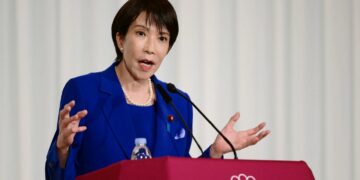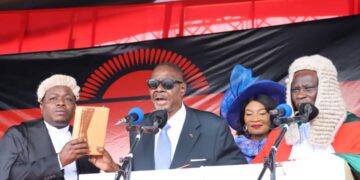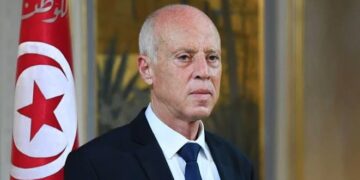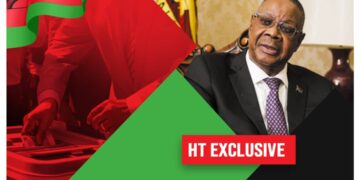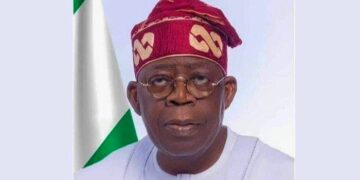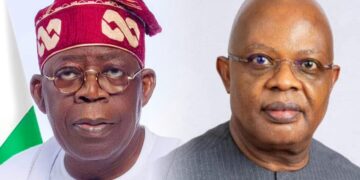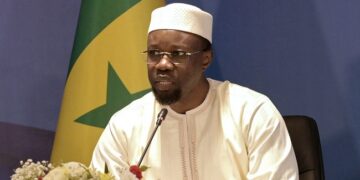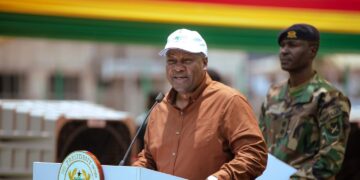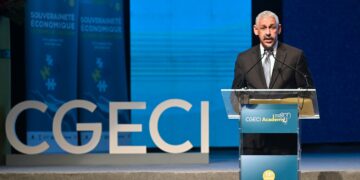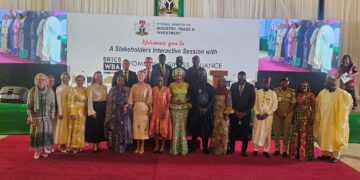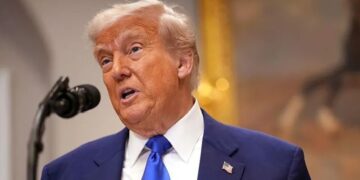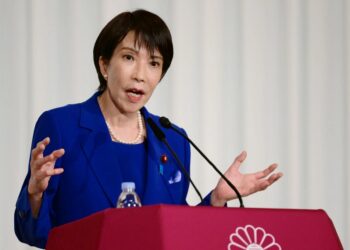By Enyichukwu Enemanna
The proposed chrome ore export tax in South Africa will affect revenue generation capacity of miners and lead to job losses across the sector, the country’s Minerals Council has warned.
The Minerals Council South Africa, which represents the country’s biggest miners, said in a statement that the tax “would not achieve the government’s aims of sustaining the ferrochrome industry and the preservation of jobs”.
The African nation is the world’s largest exporter of chrome, a mineral resource mostly used in manufacturing stainless steel.
Last month, the cabinet proposed to impose a tax on chrome ore exports as part of efforts to stop the decline of the ferrochrome industry, a combination of chrome and iron, while announcing it had agreed to lower power tariffs for chrome smelters.
South Africa was also at a time the biggest global producer of ferrochrome, but lost the position to China, which analysts attributed to high electricity costs that have forced many smelters to shut.
The Minerals Council said the proposed export tax would instead “have a negative impact on chrome producers and the significant contribution this industry makes to both South Africa’s economy and the jobs it sustains and grows”.
According to the Council, South Africa’s chrome sector directly employs 25,000 people and earned the country 85 billion rand ($4.85 billion) in export revenue in 2024.
It exported a record 20.5 million metric tons of chrome concentrate in 2024, mostly to China, the world’s biggest importer of the commodity.
Companies mining and processing chrome in South Africa include Glencore, Tharisa Plc and South32.
Parliament last month passed the 2025 budget’s fiscal framework and revenue proposals without the provision seeking to raise value-added tax (VAT).
The second largest party in the coalition government, the Democratic Alliance (DA), twice rejected efforts to add plans to increase VAT in the budget before it was eventually passed.
The Finance Minister, Enoch Godongwana, announced a reversal on the proposed VAT hike, clearing the way for its passage.
He informed Parliament that the tax increases contained in the third version of the budget were aimed at funding social services like health and education.
The DA said it supported the fiscal framework partly because it focused on infrastructure and contained spending reforms.








